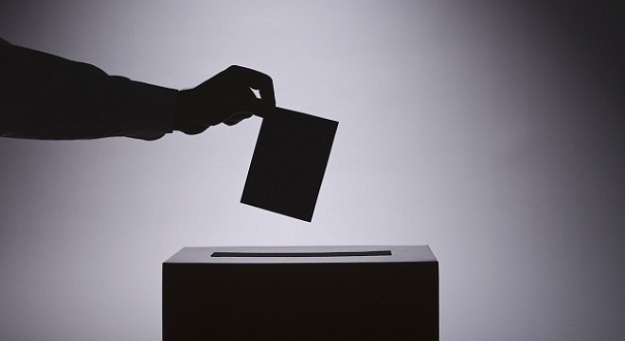Governing democratically is never easy, but it’s likely to be better than the alternative. There were a few little setbacks in 2013, but let’s not give up on it yet

Democracy is popular consent bottled for political consumption. And, by popular consent, 2013 was not a vintage year. It was bad enough when the Arab Spring saw hopes of democratic freedom rise and crash in Egypt and Libya, just as they had in Iraq and Afghanistan. But at least that could be put down to the fragility of the new regimes: inexperienced and lacking the political maturity of the Western democracies, more practised in its subtle arts and nuances.
Except that these old regimes were in no position to lecture. Not when we witnessed the USA, the world’s most powerful nation and democratic mentor-in-chief, paralysed for weeks in governmental lockdown in a party-political dispute over Barack Obama’s health care programme. Nor when Germany spent an agonising two months in similar political limbo as Angela Merkel, despite a handsome electoral victory, put together a grand coalition with her chief political opponents. Mr Obama, the world’s most powerful man, and Mrs Merkel, the world’s most powerful woman, were visibly weakened and the policy, principle and public perception of democracy itself were devalued.
The party divisions that provoked the stand-off between President Obama and his Republican opponents were soon in play again, trying to derail the interim agreement on Iran’s nuclear programme, possibly with grave international consequences. The price of agreement for Merkel was to concede a series of measures – such as reducing the pensionable age – that, while wooing domestic votes, threaten to undermine the economic stringency that gave Germany both economic power and moral authority. The ripple effect of loosening such controls will be felt throughout Europe. Greece, Portugal and Spain won’t want to be forced to apply the brakes when Germany has its foot on the accelerator.
Does all this mean the wheels are coming off democracy as the constitutional model of choice? Not yet. Democracy has always had a difficult and dangerous path. Under the tsars, Russia’s constitution was said to have been ‘absolutism moderated by assassination’.
By comparison, the USA raised democracy to near-religious status, but didn’t escape the assassination. Exactly 150 years ago last November, in two minutes at Gettysburg, Abraham Lincoln crystallised the tenets of democracy – without actually mentioning the word. His proposition that all men are born equal and his dedication to government of the people, by the people, for the people remains etched in history. But, less than two years later, he became the second sitting US President to be assassinated. By a quirk of fate, John F. Kennedy became the fourth, and most recent, in Dallas in 1963 – just three days after the centenary of the Gettysburg Address.
So democracy is never going to be easy. But that does not mean there are no lessons to be learned from last year’s bad vintage. Chief among our New Year’s resolutions should be that democracy must not be taken for granted: it must be nurtured and worked at constantly. It is not just a means to an end but an end in itself, worth preserving and not sacrificing on some party-political altar. It derives its legitimacy from being a compact with the people; it is not a device to delude them. It should be distilled, not diluted.
For their part, the people must accept its inherent deficiencies. It is never going to be totally successful. It will always be, as Winston Churchill reminded us, the worst form of government. Except for all the others.





